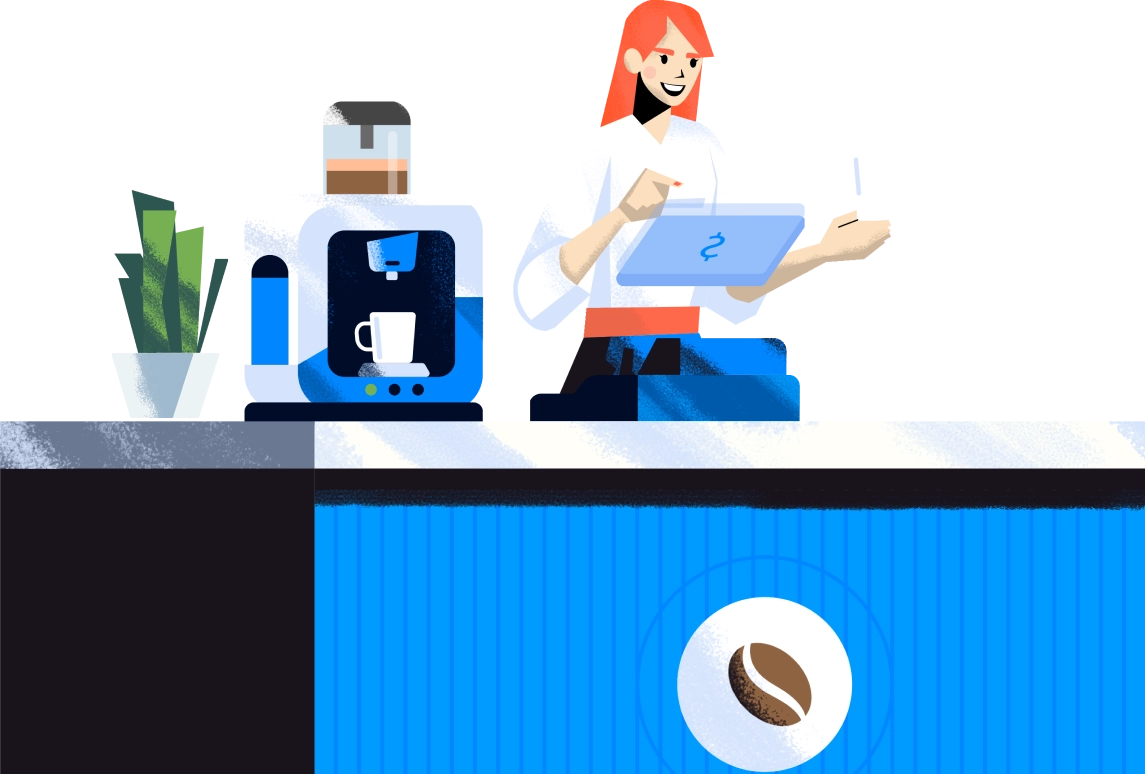10 Growth Hacking Quotes You Must Know About Customer Support
> « Only founders can pivot, that’s why they have to do customer development by themselves. That’s a key idea to understand. » -------------------------------------------------------------------------------- If you are no newcomer in the startup ecosystem, you might have heard this quite often: do not delegate your customer support. This is a key idea to understand for a simple reason: if as a founder, you are behind on your customer support at the beginning, how do you want to stay close

« Only founders can pivot, that’s why they have to do customer development by themselves. That’s a key idea to understand. »

If you are no newcomer in the startup ecosystem, you might have heard this quite often: do not delegate your customer support. This is a key idea to understand for a simple reason: if as a founder, you are behind on your customer support at the beginning, how do you want to stay close with your customers? Thus, how can you figure out where to focus now and what features you should keep or completely remove?
Pivoting is a result of having a good customer support in place. Adding a chatbox like Crisp on your product is a first step forward. It only takes 5 minutes to set up and it will always be free.
Steve Blank would also advise you to keep interviewing your customers on a weekly basis. One anecdote that surprised me at the time, was that if you were following one of his entrepreneurship classes, you would have to talk to 100 customers in 10 weeks. On the road of success, customer development never ends.
« Identify your VIP users. »

Do not treat every user the same way. One of the most important and unfair competitive advantage you could have is to deeply know who your ideal customer is. If you figure out which category of people convert on your landing pages, why and when, this will have a dramatic impact on your execution. You will save a lot time and plenty of money on all your advertising campaigns.
Of course, keep treating every user right. One strategy could be to stay as much transparent as possible to build trust and authenticity. Did you know that in some companies, this transparency concept is a huge part of their culture? It may sound extreme but Buffer even have a public dashboard where everyone can see their monthly revenue and their active customers. Check it out.
« Don’t be afraid to over-communicate. »

A growth hacker once told me: « what saddens me a lot is that most startups are working very hard to grow an email list but not hard enough to make use of it ». This opened my eyes on many mistakes, and this is why I often advise people to communicate as much as possible with their user base. It takes some time to convert a regular user into a paying customer and being close to him should be an important part of your strategy.
Also, don’t be afraid to think and act sometimes from a user’s perspective and not as the cofounder. It is a powerful approach that will help you find lots of things to adjust or create.
« Don’t take advice from people who do not ask a lot of questions. Good advice comes only when a person puts forth the effort to understand what your business is and the problems it may have. »

Ever heard something like: do not make the user a designer? What this means is that you should never try to figure out what people want, but instead what people need.
To tell you a smart advice an old sales guy told me when I was a little boy: « when you are selling to someone, a key aspect in your negotiation strategy consists in finding if you are in front of someone who has more time than money or more money than time. Then, you adjust your speech accordingly. ». And this leads us to an important lesson: You never really know who your customers are until they pay you money and until they tell you that it is worth it. When you get these two things, that is when you know who your customers are.
« Everyone at Buffer spends an entire day per week for customer support (emails, responding to tweets, etc.). We spend a lot of attention on that, as a lot of complaints help us to retain more people. »

At a certain point, you might have a whole team managing your customer support. You may even call them Happiness Officers. But as a founder, you should make sure there is a lot of communication between the people who build the product and the ones in charge of customer support.
At Buffer, an important thing they did was to entice everyone in the company (engineers, designers, marketers...) to support the product. This process is what they call “support driven development”. They discovered that it was an interesting path towards building a relevant product and increasing user satisfaction.
Besides the fact that you have to be able to answer most questions about your business and especially about your customers, do not ever let someone say: I do not know, that's not my job.
« Customer service are the eyes and ears of the company. Organize weekly meeting to discuss issues with them and ask them if they could fix one thing, what it would be? » - Julien Le Coupanec, Growth Hacker at TheFamily.

As I previously mentioned, when a company grows, you will have an independent team to manage your customer support. Organizing weekly meetings with all of them is an important aspect for every company. This raises important issues and help improve the overall process execution of the organization.
« Operation retention: Contact everybody that is unsubscribing from your product to figuring out why. (same thing for people who purchase) »

When you are in the real world (or even online), one of the best questions you can ask is: tell me the one thing you really hate about my product. You will often get a lot of valuable feedback while improving conversion and reducing your churn rate.
I remember an article about growth highlighting that to improve your retention, one strategy is to optimize your onboarding process. You should never be afraid of picking up the phone to enhance how people are registering and experiencing the core value of your product. This has a lot of impact on the long run.
« The feedback you’ll get from paid customers will be very different from anybody else. »

This sounds obvious. Engaged users are the ones who will give you more feedback about your product. They are the ones that will allow you to quickly iterate. So how do we engage them even more?
Remember what Uber did on Valentine's Day? They gave a red rose to every woman passenger. It was really interesting to see the impact on social medias, those things stick around. They reproduced the same scheme with on-demand ice creams and so on to get each time, an enormous press coverage.
« Remember, at the end of the day, communication is a growth hack. Communicate accurately at the right time, with the right message at the right guy is a way to increase revenue, retention and referral. »

Communication is key. For Product Hunt, one of the main reasons of choosing a twitter login over facebook was in the ability to engage with their users through this network. This helped them to stay close with their community even if it required a lot of time, energy and focus.
Know who your customers are, how to reach them and take care of every single individual. If you can’t clearly do that, you’re out of business.
« Customer development does not always lead to faster growth but it leads nonetheless to faster experimentation. »

Never stop having meaningful conversations with your clients and make time for it. Go talk to your customers, get in front of them, read their body language, their reactions and find out what they need. Get your customers out of their offices, that’s how you establish real relationships with people.
Amaze your customers with customer support. This pays back over time. Remember the zappos case study? It was not about the shoes except for the product itself. It was all about the user experience, the emotion and the contact they got with each customer.
I hope these 10 quotes helped you look at customer support in a different way. I always find it efficient to learn from other people and that is why I spend a lot time watching interviews and reading personal blogs. You can reach me on Twitter or by email at julien@thefamily.co, if you have anything to ask.
For those who haven’t tried Crisp yet, this little chatbox will help improve your customer support. Try it now, it takes only 5 minutes to set up and will always be free.





